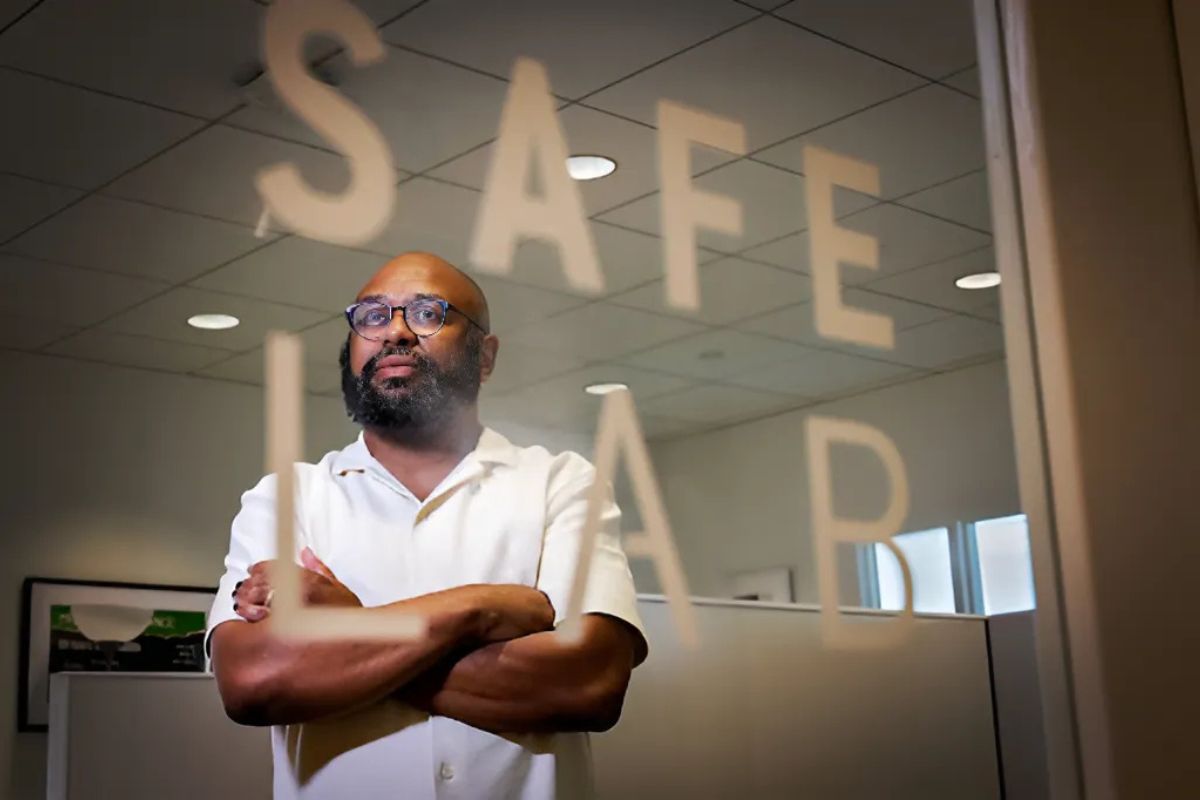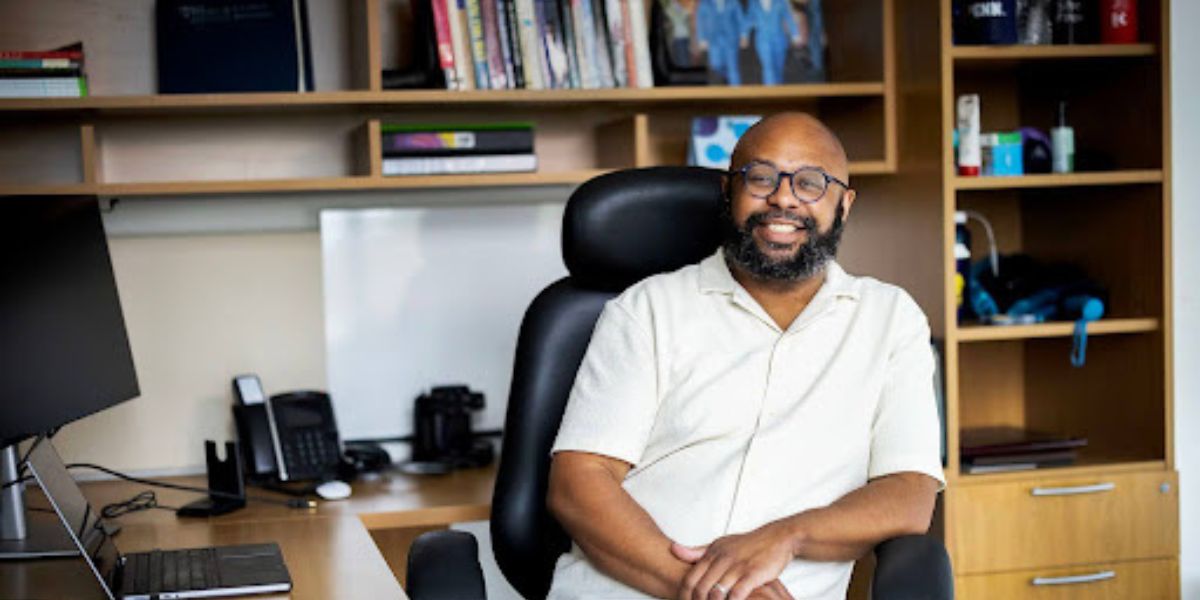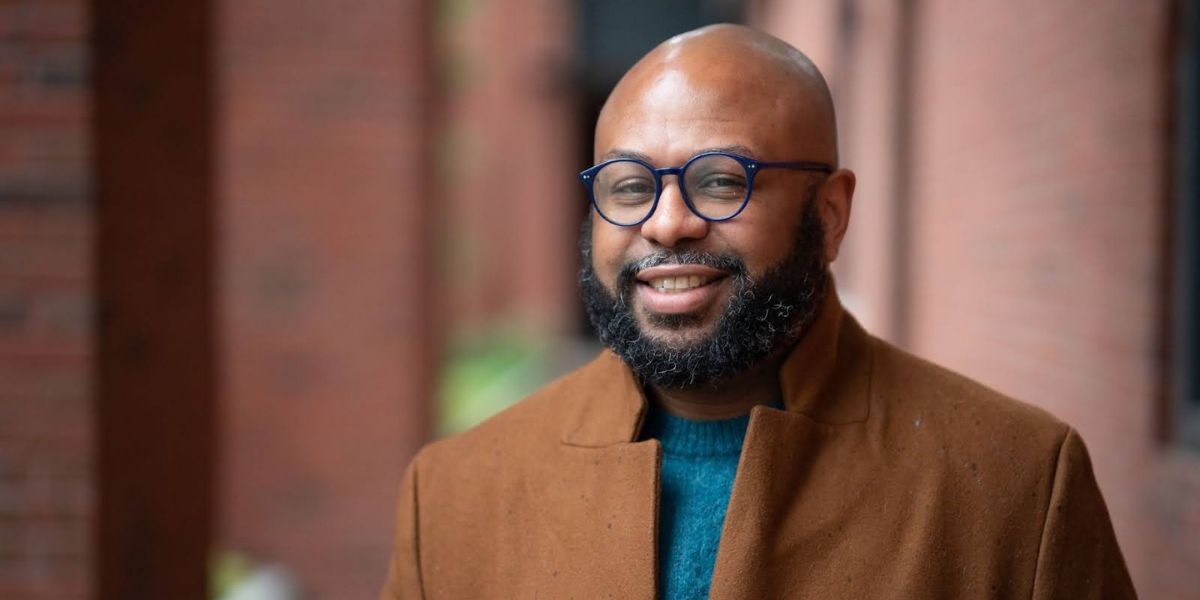Articles
What we’re contemplating, doing, and reading.
Compassion Institute Is Helping Leaders Build a Better Future

When I first encountered Compassion Institute, I didn’t know how transformative their work would be for my personal journey and professional mission. It was during my time as part of the Obama Foundation’s Leaders USA Program — in the inaugural cohort — that I was introduced to the power of compassion in leadership.
Until that moment, I had rarely heard anyone speak about compassion as more than an interpersonal virtue. Yet here it was being presented as a foundational tool for how we lead, mentor, connect, and collaborate. That experience was a turning point, not just in how I thought about leadership, but also in how I envisioned the impact of my research and teaching.
Compassion Institute’s approach resonated deeply with me. They define compassion as an active practice of recognizing the suffering of others and taking steps to alleviate it. It’s grounded in science, rooted in shared humanity, and designed to foster resilience and collective well-being. For someone like me, who works at the intersection of social work, artificial intelligence, and community-based research, this framework felt revolutionary. It challenged me to think beyond traditional metrics of success and focus on fostering environments where individuals and teams could thrive, even amid complexity and crisis.
One of the first spaces where I began integrating the principles of compassion was in my graduate-level course at the University of Pennsylvania, titled The Journey to Joy. This class dismantles the popular discourse on joy — a fleeting emotion often conflated with happiness — and instead takes an evidence-based approach to understanding joy as a deeply human and transformative experience.
As I developed the syllabus, compassion became a central anchor. How can we experience joy in moments of crisis? How do we transform pain and trauma into pathways for collective healing? These are questions I pose to my students, and they are questions that require compassion — for ourselves and for others — to answer meaningfully.

Compassion Institute’s work also influenced my vision for institutional change. Recognizing the profound need for compassionate leadership in higher education, I partnered with their incredible team to bring their expertise to the University of Pennsylvania. Together, we co-developed a training experience aimed at providing practical tools for managing complex times and leading with empathy and care. These trainings, held in the fall of 2024, were offered to faculty, staff, and students at the Annenberg School for Communication and the School of Social Policy and Practice. They were a resounding success — equipping participants with actionable strategies for fostering supportive and inclusive environments.
Compassion Institute’s approach provided a refreshing counter-narrative, emphasizing that compassion is not a weakness or a luxury but a necessity for sustainable success. It’s my hope that these trainings will become embedded in the culture and practices of these schools, serving as a foundation for how we engage with one another moving forward.
Compassion is not just about responding to challenges; it’s also about envisioning and building a better future. For me, that future includes creating spaces where students, faculty, and staff can bring their whole selves to the table, where joy is not a byproduct but a goal, and where innovation is rooted in shared humanity. This vision aligns with Compassion Institute’s mission to integrate compassion into every aspect of society, from education to healthcare to corporate environments. Their work provides a roadmap for how we can navigate the complexities of our time with courage, care, and creativity.
Personally, the lessons I’ve learned from Compassion Institute have shifted how I approach my research. Whether I’m studying the impact of AI on marginalized communities or exploring how social media can be a space for healing, I now view compassion as a critical lens. It’s not just about understanding the world as it is, but imagining what it could be. Compassion allows us to ask harder questions: Who benefits from this work? Who is left out? How can we do better? These questions guide my efforts to create AI systems and technologies that prioritize equity and well-being.
What’s remarkable about Compassion Institute is their ability to translate abstract concepts into practical tools. Their trainings are deeply grounded in science and tailored to the needs of diverse audiences, making them accessible and actionable. For example, their sessions on mindful leadership teach participants how to cultivate self-awareness and emotional regulation — skills that are essential for navigating high-stress environments. Their focus on resilience-building is equally powerful, offering strategies to sustain motivation and focus in the face of adversity.

As I reflect on my journey with Compassion Institute, I am filled with gratitude for their partnership and their vision. They have fundamentally changed how I view leadership, education, and advocacy. They’ve shown me that compassion is not an abstract ideal but a practical framework for creating positive change. It’s a framework that I hope to continue sharing with my students, colleagues, and the broader community.
To anyone reading this who is looking for ways to lead with heart, to navigate challenges with grace, or to build environments where people can thrive — I cannot recommend the Compassion Institute enough. Their work is transformative, their team is inspiring, and their impact is undeniable. Whether you’re an educator, a health care provider, a corporate leader, or a community advocate, the tools they offer can help you bring compassion into every facet of your work.
Click here to read more compassion blogs and stories.

